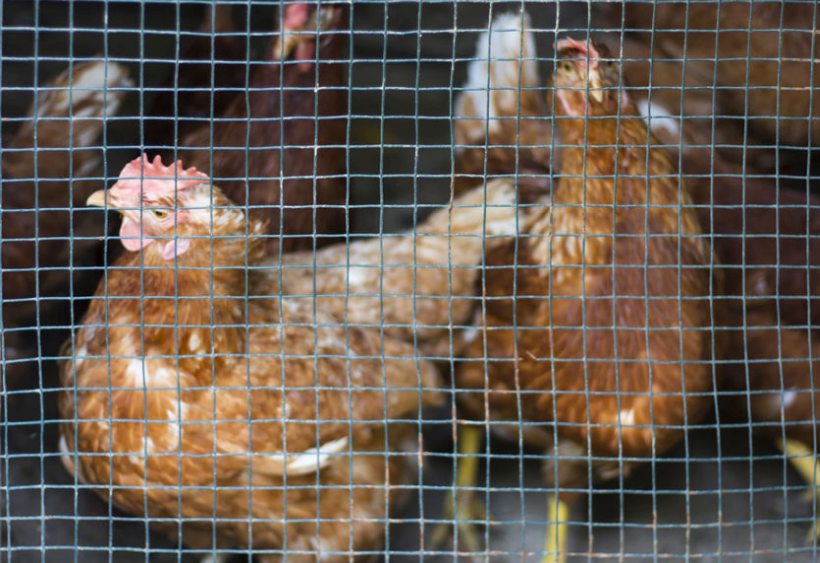Bird flu housing order set to be lifted as cases slow

Compulsory housing measures for poultry and captive birds introduced to combat the UK's worst ever bird flu outbreak will be lifted next week.
Provided that there are no new significant cases, the mandatory housing order will be relaxed on Tuesday 18 April, the government confirmed today (11 April).
The strict measure was introduced in November as one of a range of measures to stop the spread of avian influenza.
The scale of outbreaks across the UK and Europe have been unprecedented, with over 330 cases confirmed across the country since late October 2021.
As part of the housing order, it is a legal requirement for all farmers and keepers to keep their birds indoors and to follow strict biosecurity measures.
But the government recently lowered the risk of avian influenza to kept poultry from 'high' to 'medium' as the frequency of new cases of the disease begins to slow.
Dr Christine Middlemiss, the UK’s chief veterinary officer, said 'scrupulous biosecurity' remained the most critical form of defence to help keep birds safe.
She said: “It is thanks to the hard work of all bird keepers and vets who have played their part in keeping flocks safe this winter that we are in a position to take this action.
"However, the unprecedented nature of this outbreak has proven it’s more important than ever for bird keepers to remain vigilant for signs of disease and maintain stringent standards of biosecurity.”
Responding to the announcement, the British Free Range Egg Producers Association (BFREPA) said farmers had seen the worst season for avian influenza ever.
The decision means that from 18 April, eggs laid by hens with access to outside range areas can return to being marketed as free range eggs.
BFREPA CEO Robert Gooch said that free range egg producers would be 'relieved' to see their hens ranging outside again.
“However, it is vital that all poultry keepers – regardless of poultry numbers – continue to treat the situation as high risk," he added.
“This message is particularly important to small flock and backyard keepers who may not be aware that practising good biosecurity principles can help protect nearby farms.
“BFREPA will continue to work with the government and other industry stakeholders to explore options which may reduce the threat of avian influenza to commercial poultry.”
How can I help prevent avian flu?
The government has advised that poultry keepers apply enhanced biosecurity measures at all times to prevent and mitigate future outbreaks.
They can help prevent avian flu by maintaining good biosecurity on their premises, including:
• Fencing off ponds, streams, boggy areas or standing water and draining them where possible
• Netting or covering ponds
• Removing any wild bird feed sources
• Deterring wild birds by regularly walking through the area or by using predator decoys
• Cleansing and disinfecting concrete or other permeable areas
• Putting down wood shavings in wet areas
• Limit the number of people who come onto the site
• Use disinfectant foot dips when entering and exiting enclosures or houses








